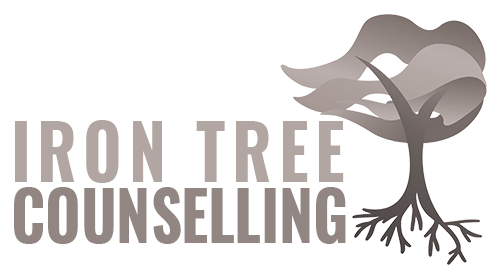New Year Challenge
Welcome to the Gregorian New Year, Year 2022! The last few years have been difficult for everyone on our planet. The global pandemic, no matter what your perspective on the matter is, has caused numerous changes, uproars, deaths, and overall, traumas for everyone on one level or another.
As this post is written, it seems as if the pandemic is still not behind us and that things continue on in a difficult and unpredictable way. However, seeing how this is no longer new to the world, perhaps we can approach 2022 with a more integrated and fulfillment-inducing perspective.
Some consequences of the pandemic – isolation, death, illness, financial and economic ruin, estrangement from others, polarized perspectives on the related politics and social agendas – have I think in some ways supported the development of a more collective consciousness towards raising healthier global ideals, such as the value of human connection and ecological sustainability to name a couple. In particular, the validity and awareness around mental health has increased due to the overwhelming negative impact the safety precautions related to the pandemic have caused on our ability to cope emotionally. Out of crisis we typically learn to adapt and become more resilient, thus perhaps adopting a nuanced perspective towards mental health can support a fresh and invigorating entrance into the New Year.
The specific perspective, perhaps approached as a New Year’s resolution, I am encouraging is one that can feel strange to many, particularly those socialized and who identify as men, due to the seemingly backwards nature of the perspective I am about to put forth.
2022 Perspective:
To see and approach your emotions as if they are integral to your functioning and sense of direction in life.
I say that this can seem backwards because oftentimes, especially in Westernized contexts, we are socialized to see emotions as useless and cumbersome. To admit to any emotion other than anger, for instance, is perceived to be a quick route to social ostracism. Typically, the other emotions take a back seat and become locked in our mind and bodies free to manifest how they want – which they most predictably do. Therefore, by approaching the inevitable experience of difficult emotions with a perspective of open arms, or at least relating to them as you would a difficult person on the bus – you don’t push, change, or fight them, you just wait for them to get off the bus. If able to relate to your emotional experiences in this way you may experience a renewed sense of control over your emotions and ultimately your life.
Side note, did you know that the average length of time an emotion lasts is 90 seconds? Why the emotional experience can continue longer is because us humans try to cognitively will it away or ‘get rid’ of it somehow without truly acknowledging it’s there – thus we end up paradoxically making it a more of an issue by trying to control it and change it.
In addition and important to this perspective is the conscious decision to honour our emotions, rather than trying to run, hide, change, suppress, alter, destroy, or avoid them. In my experience, and a lot of researchers’, by trying to avoid difficult emotions we end up allowing them to take control over our lives. By acknowledging, allowing, using, and perhaps cherishing them, we may begin to see all emotions as useful tools, evolutionarily built tools that support our understanding of ourselves, our desires, and needs. By learning to harness our emotions we can then begin to express them to others and thereby increase the value we have of ourselves and everything else in our life.
This may sound like it’s too good to be true, but research is continuously supporting this concept with positive results (Querstret, Morison, Dickson, Cropley, & John, 2020; Yadavaia, Hayes, & Vilardaga, 2014). Consider this blog post a challenge. A challenge to at least consider this perspective and what power it may bring you in this New Year. I completely admit that it’s way easier said than done, but like anything in life, the most valuable things/experiences take the most amount of hard work and bring genuine, true, and palpable value to our lives.
References:
Hayes, S. C., Levin, M. E., Plumb-Vilardaga, J., Villatte, J. L., & Pistorello, J. (2013). Acceptance and commitment therapy and contextual behavioral science: Examining the progress of a distinctive model of behavioral and cognitive therapy. Behavior Therapy, 44(2), 180–198.
Neff, K. (2003). Self-compassion: An alternative conceptualization of a healthy attitude toward oneself. Self and Identity, 2(2), 85–101.
Querstret, D., Morison, L., Dickinson, S., Cropley, M., & John, M. (2020). Mindfulness-Based Stress Reduction and Mindfulness-Based Cognitive Therapy for psychological health and wellbeing in non-clinical samples: A systematic review and meta-analysis. International Journal of Stress Management (in press).
Yadavaia, J. E., Hayes, S. C., & Vilardaga, R. (2014). Using acceptance and commitment therapy to increase self-compassion: A randomized controlled trial. Journal of Contextual Behavioral Science, 3(4), 248–257. https://doi.org/10.1016/j.jcbs.2014.09.002


